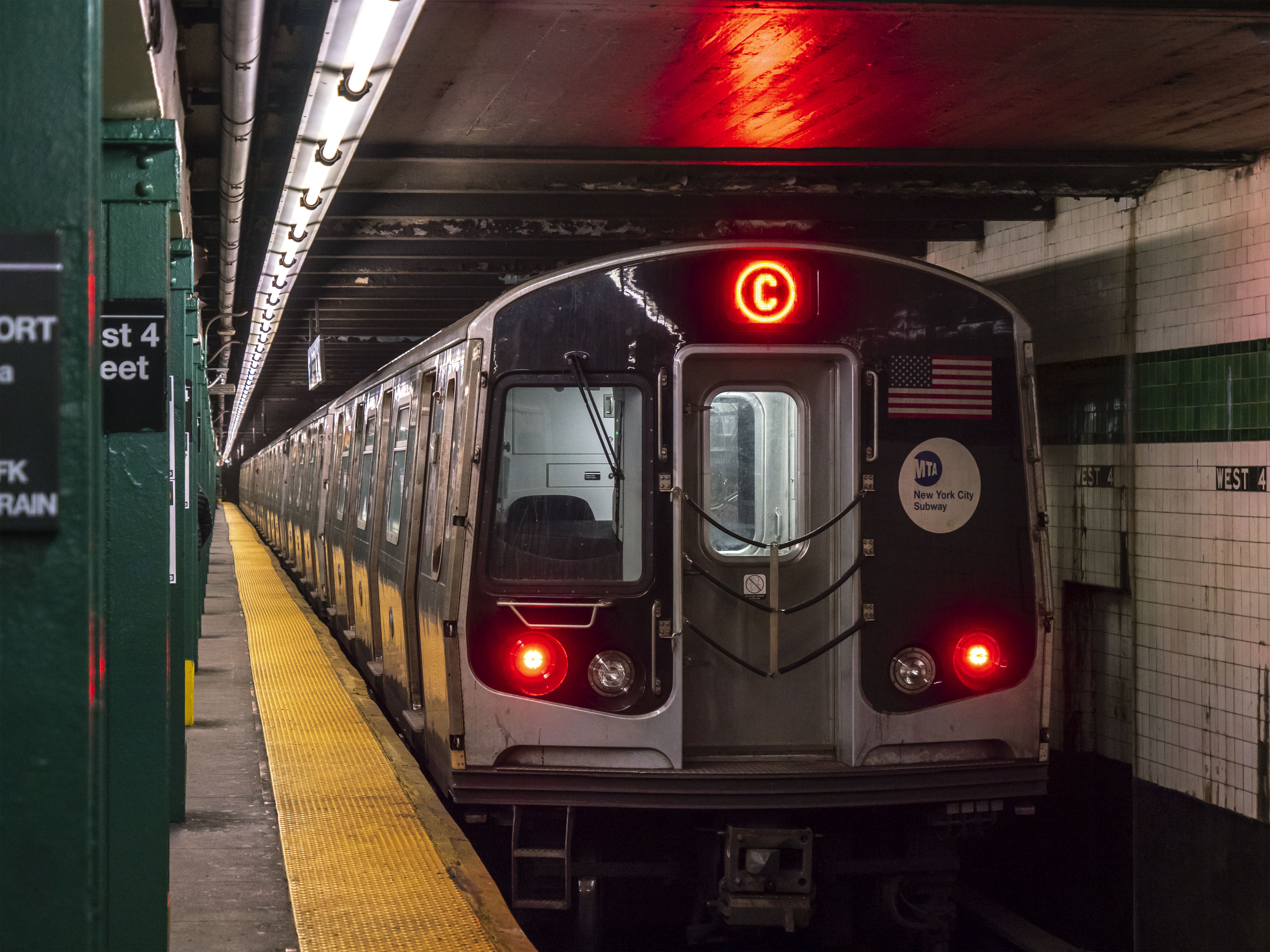

Myspace existed for a really long time after it ceased to be relevant. It actually only ceased to be relevant after they lost all the music that had been uploaded. That’s when independent musicians finally abandoned it, and it basically disappeared.
Reporting on “X” is what’s keeping it alive, IMHO. Stop reporting on it and it will stop being used. Alternatively, if there’s some major incident, that would probably be enough to finish it. It may eventually go bankrupt between now and then, but it’s actually pretty useful for people wanting to spread nazi propaganda so the far right will probably keep pumping money in until it collapses.





I wonder how many of them just got badges.